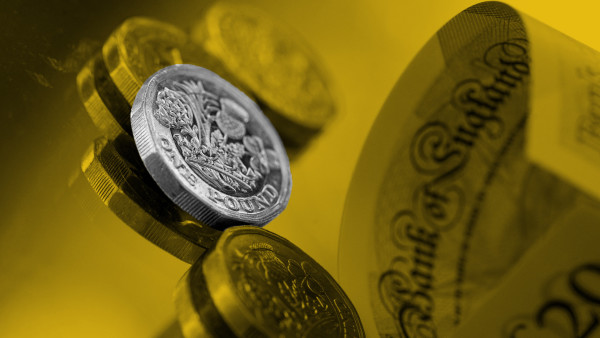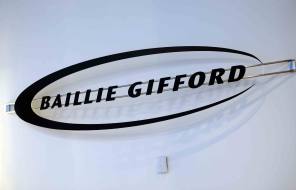

Half yearly results for the £650m Scottish American trust, published to the stock exchange today (July 31), showed Baillie Gifford’s fee on assets above £500m has been reduced to 35 basis points, while the first £500m will continue to be charged at 45 bps.
The update also reported a second interim dividend of 3p per share, meaning the 6p per share total in the six month period represented a 2.1 per cent increase on the payout for 2019.
Baillie Gifford said: “Relative to our somewhat nervous expectations from earlier in the year, income from the vast majority of the companies in [the] portfolio has held up well, and many have exceeded our expectations.
“Investments like Microsoft, Fastenal, Roche and Nestlé have actually increased their dividends year-on-year - truly a signal of their financial strength and their optimism about the future.”
Income from holdings in the trust fell about 7 per cent in the six months to June against a backdrop of worldwide dividends forecast to tumble up to 20 per cent.
The managers said the “crucial factor” in the trust’s resilient income stream was the “type of business” in which it invested — primarily capital-light business models which did not require huge sums of cash to generate future growth.
Dividends have plummeted over the past four months as companies tightened their belts and created a cash buffer to mitigate against the economic impact of the coronavirus crisis.
Other firms, such as banks and insurers in the UK, have been forced to cull their payouts by regulators and central banks.
Baillie Gifford said it had pulled its investment from a number of companies due to dividend suspensions.
It disinvested from Bankinter and Handelsbanken, two European banks, despite the companies being “extremely well-capitalised to the point of generating surplus cash flow for dividends”.
“However, such is the intensity of the downturn we are witnessing, and so stringent have European bank regulators been in preventing even well-capitalised banks from paying dividends, that we now expect both names to generate considerably lower dividends in the long term.”
The managers also found new opportunities over the first six months of the year.
The trust invested in Hargreaves Lansdown for the first time, calling it a “tremendous business” with “great growth opportunities” and asset manager T. Rowe Price, which had a “great track record”.
Baillie Gifford added: “Our focus as always remains on the long term. There is still great uncertainty about 2020, and we have no particular insights to offer about the immediate course of the current crisis or the precise speed and extent of the eventual economic recovery.
“But we are as optimistic as ever about your portfolio's long-term prospects for resilient income growth. After the most incredible stress-test for dividends we could have devised, the portfolio's income has held up well.
“There is a long road ahead for all of us, as the global economy recovers from Covid-19. But we believe SAINTS has the right portfolio to march down it with confidence.”
The Scottish American Investment Company is among the absolute best performers in the AIC Global Equity Income sector, returning 85 per cent in share price terms over the past five years compared to the sector’s average of 48 per cent.
Over a three-year period, it is the absolute best performer in the sector, while it ranks second over a three-month, six-month, one-year and five-year period.
It is currently trading at a discount of 1.2 per cent.
imogen.tew@ft.com
What do you think about the issues raised by this story? Email us on fa.letters@ft.com to let us know.



